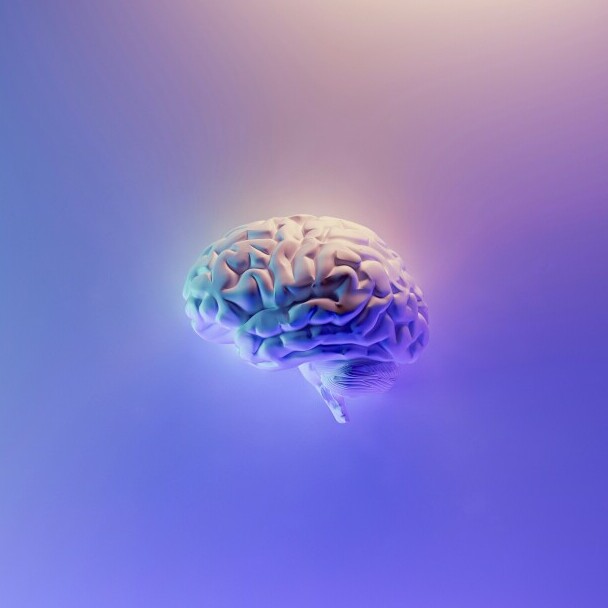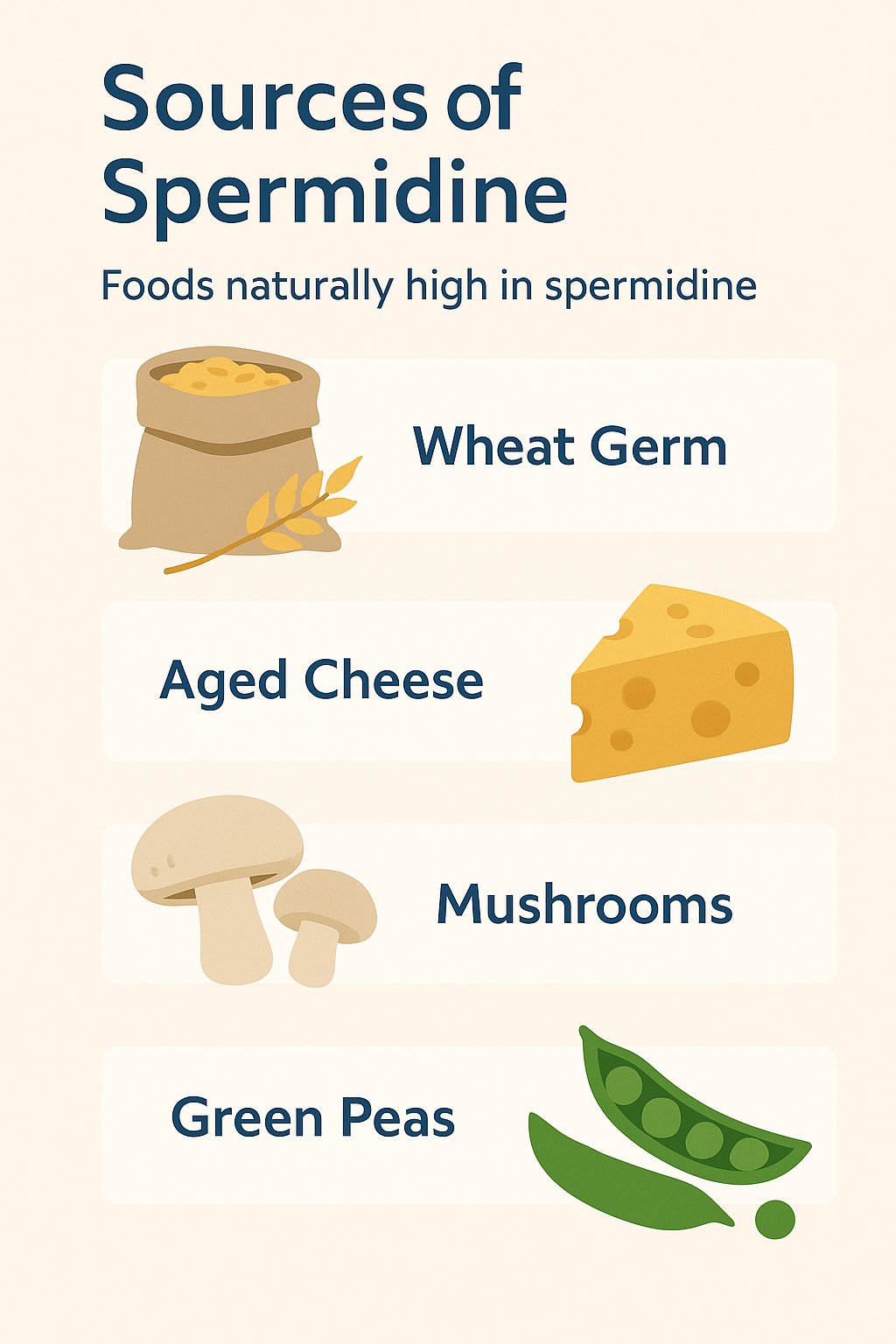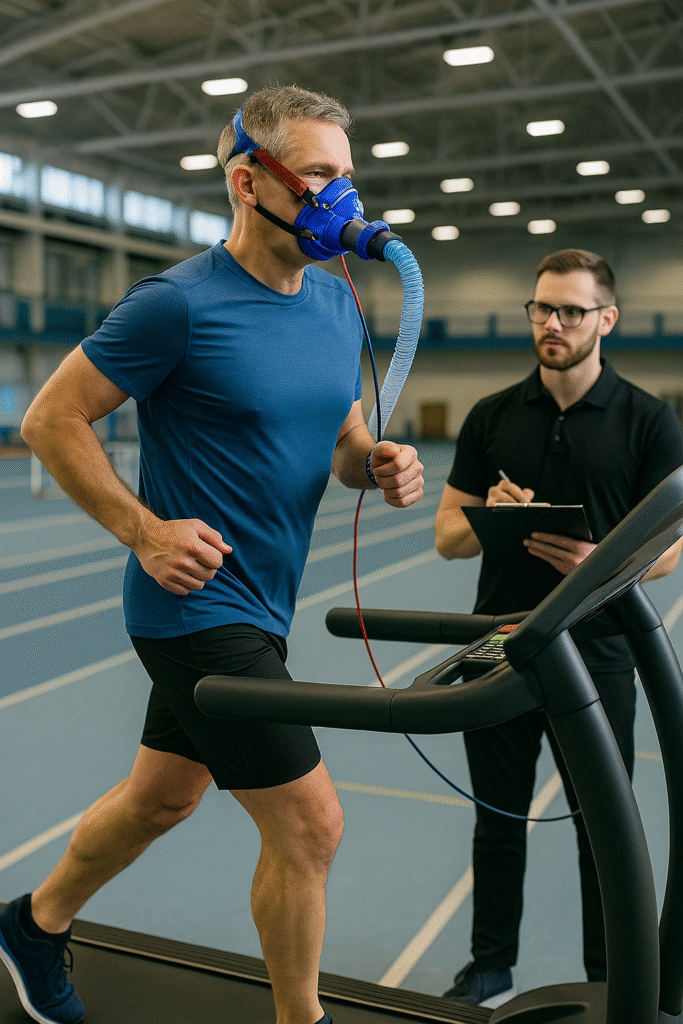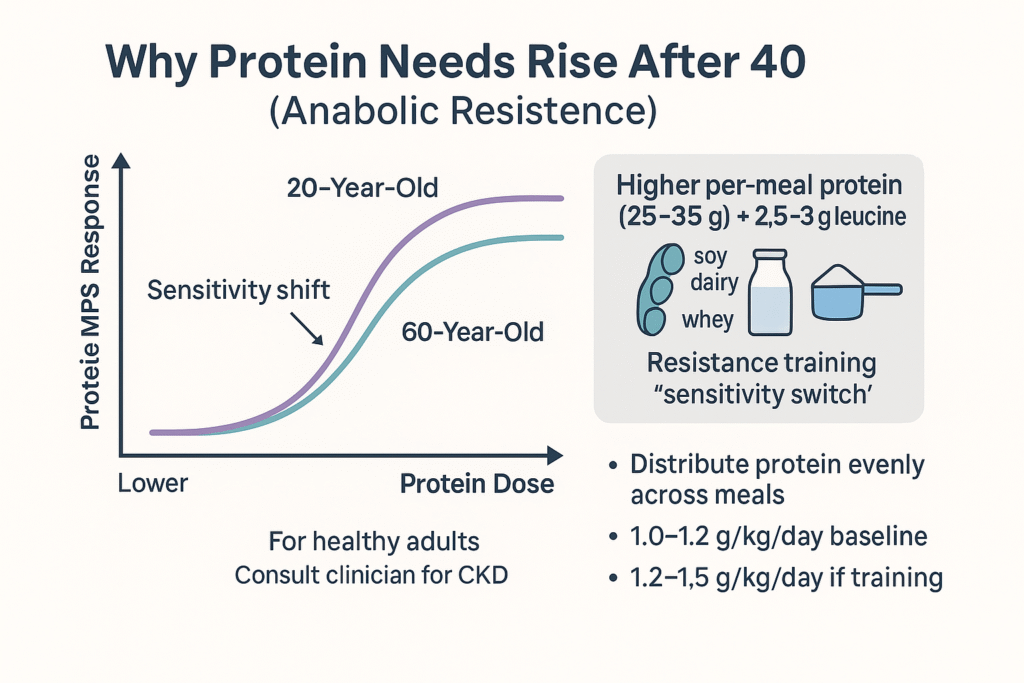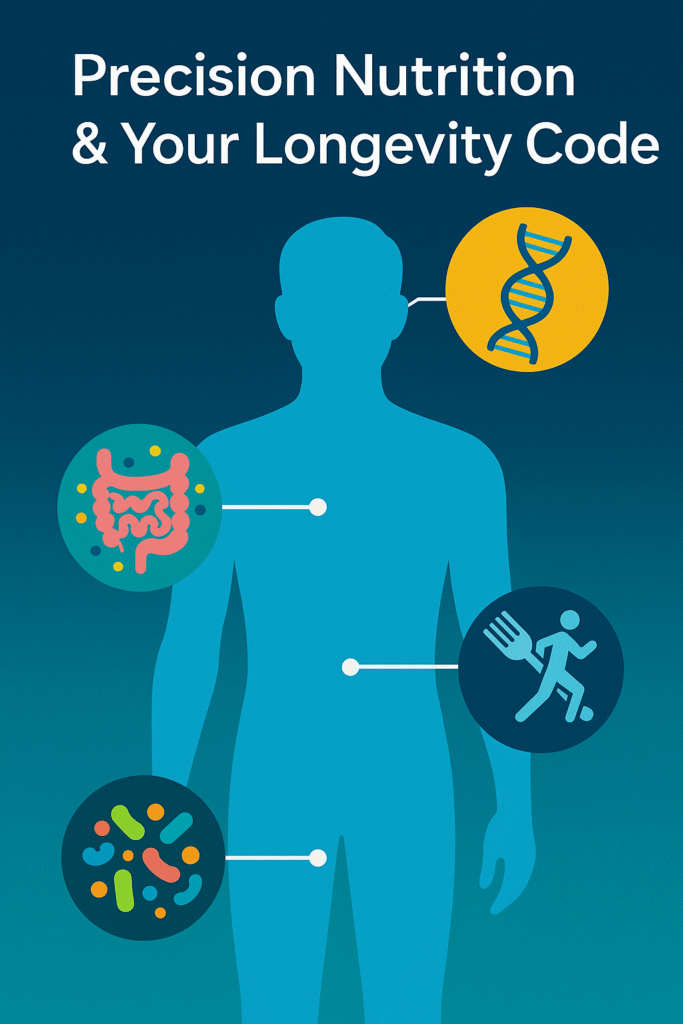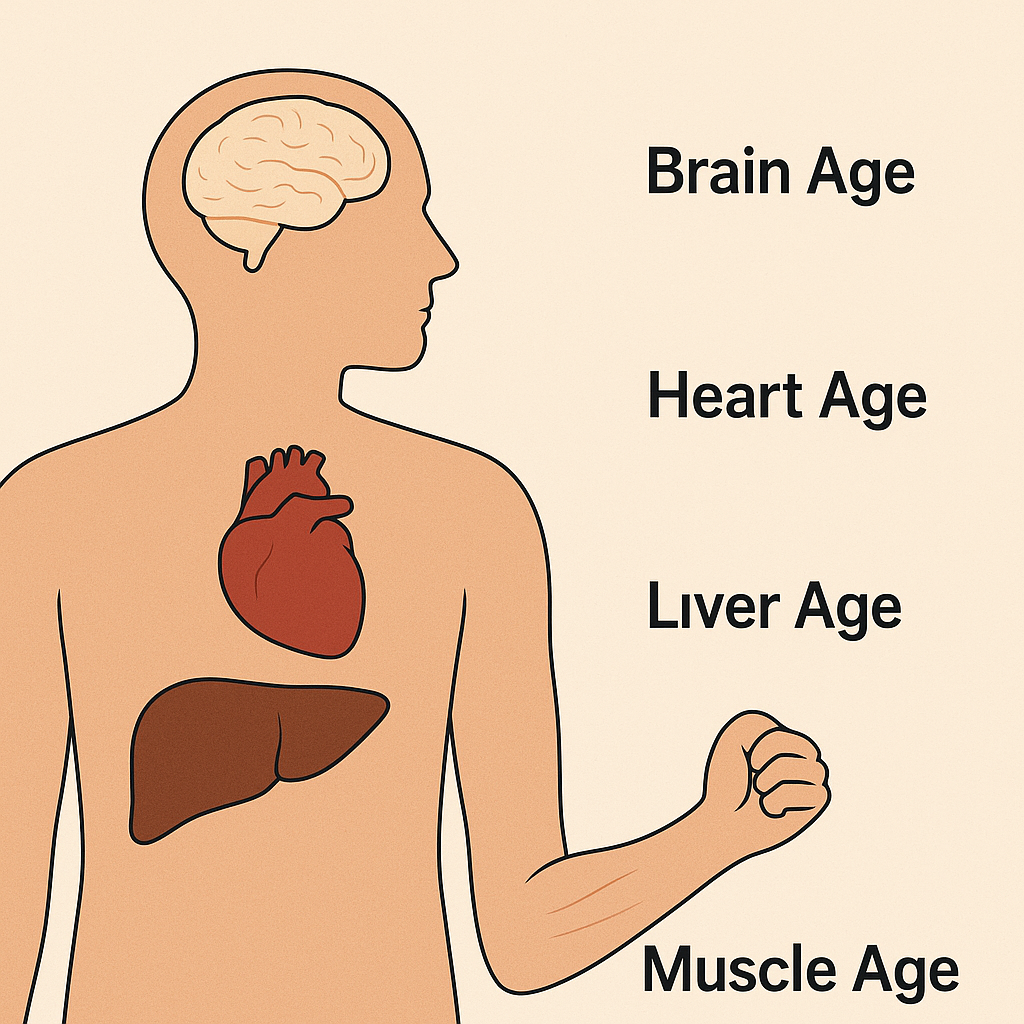Introduction to Cognitive Training and Its Relevance to Enhanced Brain Function
As we age, maintaining brain function becomes a paramount concern. Cognitive training, a method designed to improve and sustain mental abilities, plays a crucial role in this process. This training involves tasks and activities aimed at enhancing memory, attention, problem-solving skills, and other aspects of mental acuity. The significance of cognitive training lies in its potential to bolster brain function, thereby improving the quality of life in our later years.
Why Maintaining Cognitive Abilities is Crucial for Quality Life in Older Age
Aging is often accompanied by a natural decline in cognitive abilities, which can impact everyday activities and independence. Maintaining these abilities is essential not only for performing daily tasks but also for preserving a sense of self and autonomy. Improved cognitive function through training can lead to a more engaged, active, and fulfilling life in older age.

Review of Current Research on Cognitive Training for Seniors
Recent studies have shown promising results regarding cognitive training for seniors. Research indicates that targeted cognitive exercises can lead to improvements in memory, speed of processing, and executive function. These benefits are not just short-lived; some studies suggest that the effects of cognitive training can last for several years.
Distinguishing Between Different Types of Cognitive Exercises
Cognitive exercises come in various forms, each targeting different aspects of brain function. Examples include memory training exercises like mnemonic devices, attention drills, language learning, puzzles like Sudoku or crosswords, and strategy games that enhance problem-solving skills. Understanding the specific benefits of each type of exercise is vital for tailoring a cognitive training program that meets individual needs.
How Cognitive Training Supports Brain Health in the Elderly
Neuroplasticity: The Key to Brain Adaptation at Any Age
Neuroplasticity, often termed as the brain’s ability to adapt and reorganize itself, is a fundamental concept that underscores the effectiveness of cognitive training at any age. This remarkable feature of the brain implies that it is never too late to improve cognitive functions or learn new skills. In the context of aging, neuroplasticity offers a beacon of hope, suggesting that the brain can continue to form new neural connections in response to learning and experience, even in later years. This ability to change and adapt is crucial in offsetting the natural cognitive decline that comes with aging. It means that through consistent mental stimulation and learning, older adults can enhance their cognitive reserve – the brain’s resilience to neuropathological damage.

The implications of neuroplasticity extend far beyond mere cognitive maintenance. It opens up avenues for recovery from brain injuries and adaptation to age-related changes. For instance, in stroke recovery, neuroplasticity allows other parts of the brain to compensate for damaged areas, aiding in regaining lost functions. Similarly, in the context of age-related cognitive decline, engaging in activities that promote neuroplasticity can lead to actual structural and functional changes in the brain. These changes can improve cognitive capacities like memory, attention, and problem-solving skills. Importantly, the key to harnessing the power of neuroplasticity lies in variety and challenge. Activities that are novel, challenging, and diverse provide the most robust stimulation for the brain, encouraging it to grow and adapt. This reinforces the importance of a well-rounded approach to cognitive training, incorporating a range of activities that challenge different cognitive faculties.
Types of Cognitive Training Activities Recommended for Aging Individuals
Activities recommended for aging individuals include structured brain training programs, learning new skills or languages, engaging in strategic games, and practicing mindfulness or meditation. These activities are chosen for their ability to stimulate multiple cognitive domains and promote mental flexibility.
The Connection Between Cognitive Training and Delay in the Onset of Age-Related Cognitive Decline
There is growing evidence that cognitive training can delay the onset of age-related cognitive decline. Regular mental exercise can keep the brain active and engaged, potentially staving off conditions like dementia and Alzheimer’s disease.
Personal Stories and Case Studies of Cognitive Improvement
Numerous personal stories and case studies illustrate the positive impact of cognitive training. Seniors who engage in regular mental exercises often report improved memory, sharper thinking, and a greater ability to manage daily tasks.
Potential Barriers and How to Overcome Them for Effective Cognitive Training
Barriers to effective cognitive training include lack of motivation, limited access to resources, and physical limitations. Overcoming these challenges may involve finding enjoyable and meaningful activities, leveraging technology, and adapting exercises to individual capabilities.
Practical Strategies to Integrate Cognitive Training Into Daily Life
Creating a Sustainable and Enjoyable Cognitive Training Routine
Creating a sustainable and enjoyable cognitive training routine is essential for long-term engagement and effectiveness. The key lies in integrating cognitive exercises into daily activities in a way that feels less like a chore and more like an enjoyable part of everyday life. Personalization plays a crucial role here; the activities chosen should resonate with the individual’s interests and lifestyle. For example, someone who enjoys literature might incorporate cognitive training through regular reading and book club discussions, which stimulate the brain through reading comprehension and social interaction. Puzzle enthusiasts could integrate different types of puzzles like crosswords, jigsaw puzzles, and Sudoku into their routine, each offering varying levels of challenge and cognitive stimulation. Tech-savvy individuals might prefer using brain-training apps or virtual reality games that offer a wide range of cognitive exercises in a fun, interactive format. Gardening, cooking new recipes, or even learning to play a musical instrument can also serve as cognitive training activities, as they involve planning, problem-solving, and fine motor skills. The goal is to craft a routine that is diverse, engaging, and flexible, allowing for adjustments based on interest and ability, thus ensuring that cognitive training remains a fulfilling and enriching part of one’s daily life.

Using Technology to Aid Cognitive Training: Apps and Online Platforms
Technology offers a wealth of resources for cognitive training. Numerous apps and online platforms provide a variety of brain games and exercises, making it easy and convenient to engage in cognitive training.
The Role of Social Support and Community in Maintaining Cognitive Training Practices
Social support and community involvement can greatly enhance motivation and enjoyment in cognitive training. Group activities, classes, or online communities provide opportunities for social interaction and shared learning experiences.
Combining Cognitive Training with Physical Exercise for Dual Benefits
Integrating cognitive training with physical exercise can yield dual benefits. Activities like dancing, yoga, or Tai Chi, which require both mental and physical engagement, are particularly effective.
Regular Cognitive Health Check-Ups and Monitoring Progress
Regular check-ups with a healthcare professional can help monitor cognitive health, track progress, and adjust training strategies as needed. This approach ensures that the cognitive training remains effective and aligned with individual health needs.
Conclusion
Cognitive training is a powerful tool in maintaining brain function as we age. By understanding its importance, exploring various types of cognitive exercises, and integrating these practices into daily life, aging individuals can significantly enhance their mental acuity and overall quality of life. With the support of technology, community, and healthcare professionals, we can all strive for a mentally active and fulfilling older age.
Disclaimer: All the content on this site is for informational purposes only, does not constitute medical advice, and does not establish any kind of patient-client relationship by your use of this website. I am not a health care professional. The information, including but not limited to text, graphics, images and other material contained on this website are for informational purposes only. No material on this site is intended to be a substitute for professional medical advice, diagnosis, or treatment. Before starting any new regimen, supplement, diet, or program, it is crucial to consult with a healthcare professional to ensure it is safe and suitable for your individual health needs and circumstances. Here’s a little transparency: This website also contains affiliate links. This means if you click and make a purchase, we may receive a small commission. Don’t worry, there’s no extra cost to you. It’s a simple way you can support our mission to bring you quality content.


